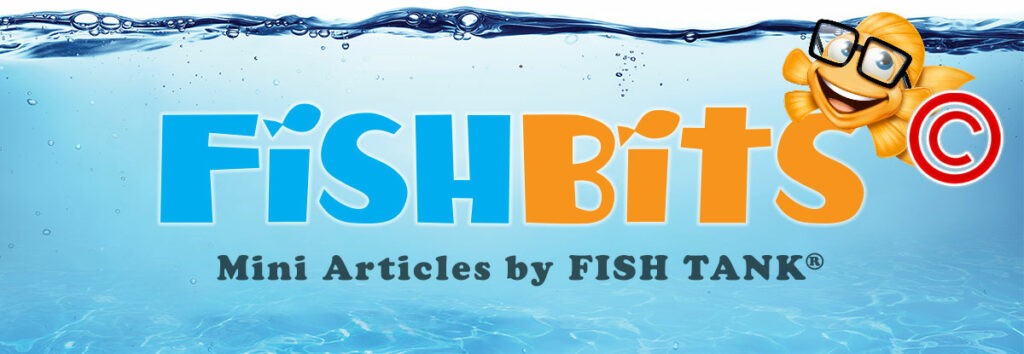Intellectual Property Insights from Fishman Stewart
Mini Article – Volume 22, Issue 23
Share on Social

Can You Copyright a Logo?
By Kristyn C. Webb
Your brand is everything: an identity, a reputation, and a revenue-generating asset. Often, when launching a new business or product, there is much time, attention, and resources spent on creating the perfect logo. Then, there is much time, attention, and resources spent protecting that logo under trademark law. But logos that are sufficiently creative may enjoy copyright protection too!
Both trademark law and copyright law may protect your logo, although the protection they provide differs. Trademark law would prohibit the unauthorized use of another’s logo that is sufficiently similar to your logo such that it is likely to cause confusion in the marketplace. On the other hand, copyright law would prohibit the unauthorized copying of your logo by another—regardless of whether that copying would be likely to confuse consumers. In most instances, to find trademark infringement, the infringer must be in your field of business or in a sufficiently related field to cause the requisite consumer confusion. By contrast, to find copyright infringement, the infringer need only copy your logo regardless of whether the infringer conducts business in your field or a related field.
In addition, timely registration of a copyrightable logo gives the owner the option to pursue statutory damages ($750-$30,000 per work and up to $150,000 per work willfully infringed). The availability of statutory damages can be a powerful tool in stopping infringement and deterring would-be infringers.
Finny the Fish: Although trademark law and copyright law may both protect your logo, they involve separate registration processes. For example, Finny is the subject of a federal trademark registration which the United States Patent and Trademark Office granted this month. He also is the subject of a pending copyright application filed with the United States Copyright Office. We will keep you updated on Finny’s fabulous journeys through these agencies.
Moral of the Story: If you have a creative logo, you should obtain a copyright registration in addition to trademark registration to gain more leverage in combating those who would dare copy your beloved logo. If you would like to discuss strategies for protecting your logo, be sure to contact Kristyn Webb.
Kristyn Webb is the Group Leader of Fishman Stewart’s Copyright Practice Group, and is currently earning a Master’s Degree in Copyright Law at King’s College London.

Published November 18, 2022


Related Content from Fishman Stewart
By 1930, efforts began in New York to replace Mother's Day with Parent's Day because men were more than just breadwinners. Those efforts didn't catch on, probably because in that era, women often spent more time in the home.
In February, Nike and Skims announced that they will be working together on a new brand, NikeSkims. The co-brand will create a new line of training apparel, footwear, and accessories specifically designed to meet the unique needs of women athletes.
Generally, federal courts have exclusive jurisdiction over copyright cases, and often, this presents an insurmountable paywall for individual artists and small businesses to vindicate their rights, especially where the value of the individual copyrighted works are relatively low.
Dedicated to raising public awareness about the importance of encouraging innovation and creativity throughout the world, the World Intellectual Property Organization (WIPO) annually observes World Intellectual Property Day on April 26 to showcase the role that patents, trademarks, industrial designs, copyrights and trade secrets play in our everyday lives.
Hold onto your foam fingers, sports fans – college sports just got a whole lot more interesting! The latest updates to Name, Image, and Likeness (NIL) rules are making student-athletes bigger than ever, and it’s not just about the game anymore.
Did a federal court in Louisiana recently decide that US copyrights are global rights? It seems so.
One of his most famous songs, “Lose Yourself” was recently at the center of a lawsuit. In 2019, Eminem’s publishing company Eight Mile Style sued Spotify claiming that Spotify streamed a number of its musical compositions without proper licenses.
One of the most common challenges is whether AI should be free to train on data that is protected by copyright and owned by third parties without first obtaining permission.
The U.S. Copyright Office (USCO) recently published its latest report on AI and “copyrightability.” In short, the USCO considers only some AI-generated works to be sufficiently creative as to deserve copyright protection, and thus, registration.
Back in the 1940’s assignments by independent contractors could be permanent and irrevocable. Things changed in 1976, when Congress overhauled the Copyright Act.
IDENTIFYING, SECURING AND ADVANCING CREATIVITY®












